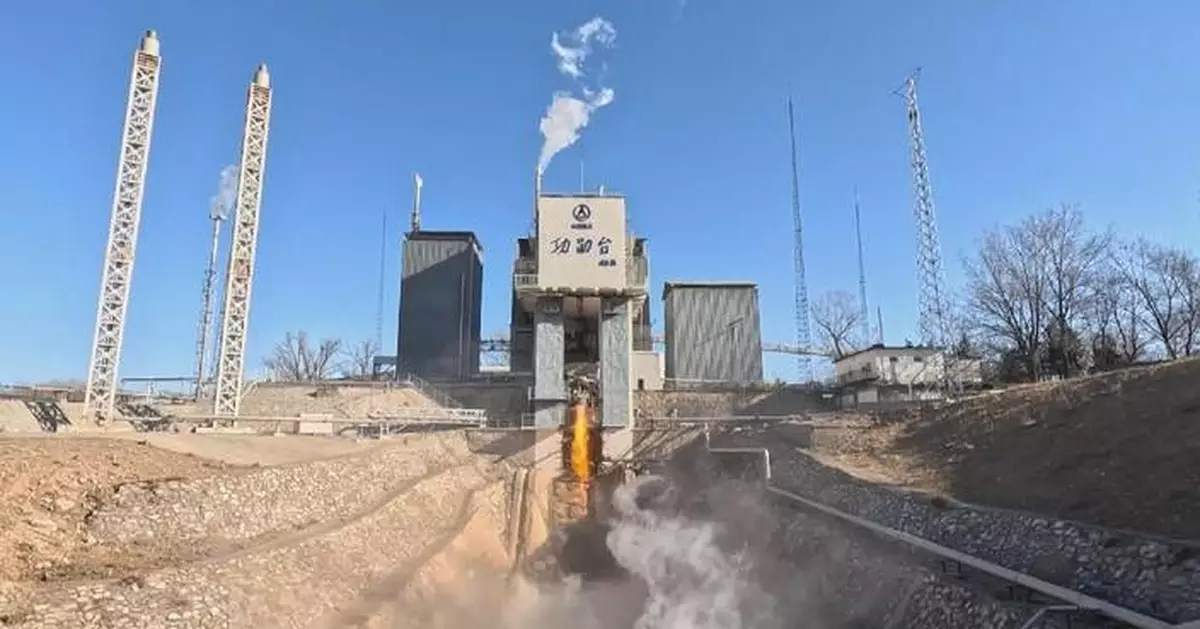China Aerospace Science and Technology Corporation (CASC) carried out a total of five rocket engine tests in Beijing and Laiyuan County, north China's Hebei Province on Thursday, laying a solid foundation for the implementation of major aerospace projects later this year.
In Beijing, Institute 101 of the Academy of Aerospace Propulsion Technology under the CASC conducted a test on four types of engines, including a new hydrogen-oxygen engine.
At 11:21, a new engine was ignited and shut down normally after working for about 100 seconds, successfully completing ground calibration testing before its delivery.
"The just-completed experiment tested an upper-stage hydrogen-oxygen engine. It tested the overall coordination of the engine and obtained performance data. After assessment, we concluded that the test was a complete success," said Xia Wei, an engineer of the CASC.
Besides the test, Beijing also witnessed the other three tests on the rockets' main thrust engine, upper-stage engine, and reaction and orbit control engine.
In Laiyuan, a test of a liquid oxygen-methane engine was also successfully completed on Thursday.
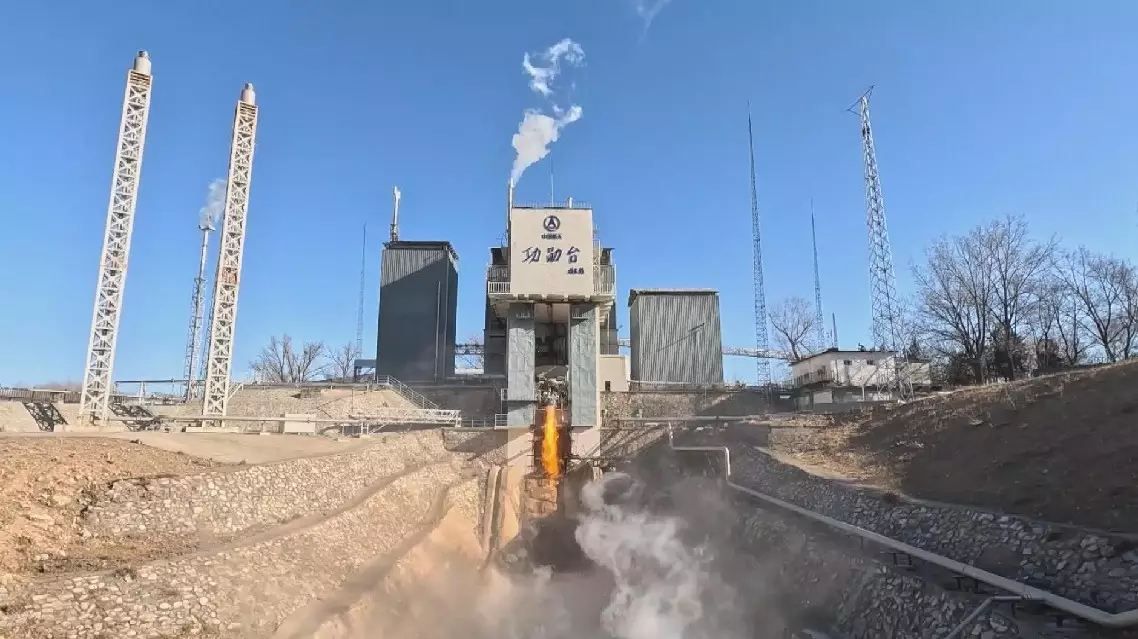
China conducts 5 rocket engine tests in Beijing, Hebei
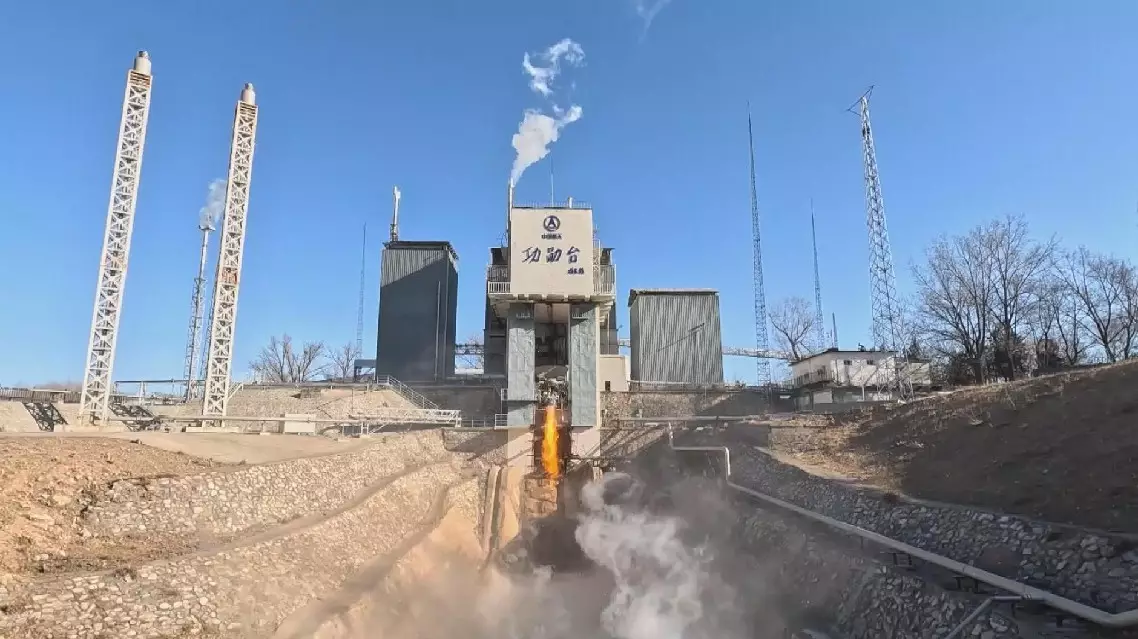
China conducts 5 rocket engine tests in Beijing, Hebei
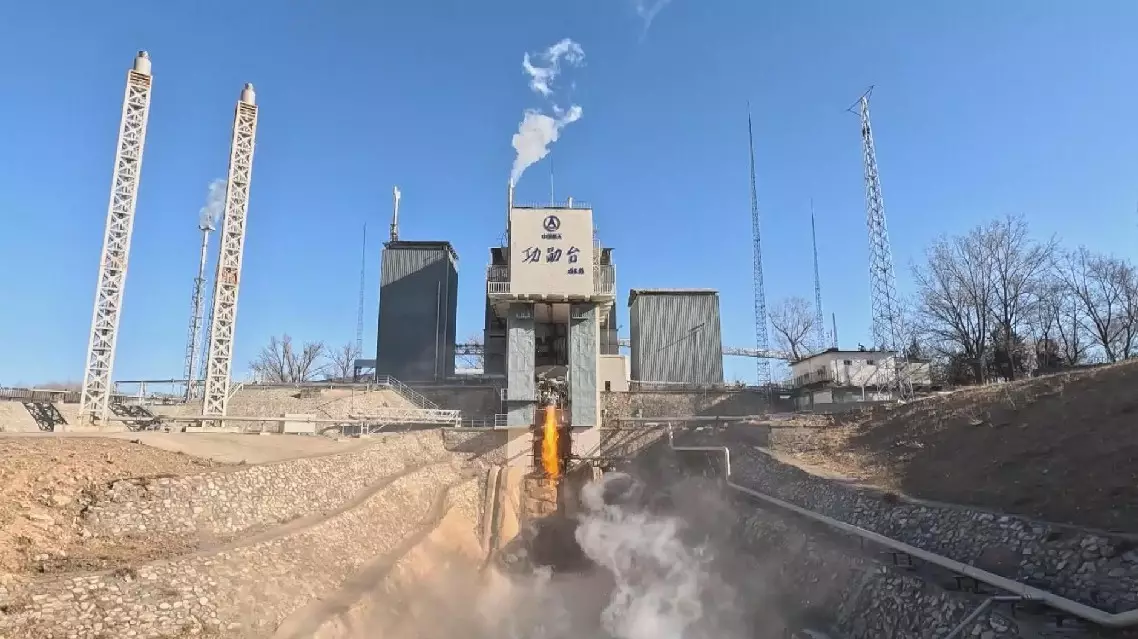
China conducts 5 rocket engine tests in Beijing, Hebei
Mounting uncertainty over the U.S. tariff policies under President Donald Trump's administration is fueling distress among the farmers of Iowa state, a U.S. state long regarded as the "granary and breadbasket of America," and disrupting the agricultural sector, particularly its soybean industry.
Iowa's agricultural sector is heavily export-dependent, and the U.S. abuse of tariffs has left the state's farmers uncertain about how to plan for the future amid sudden changes in policy direction.
"It has been really difficult, especially with the stress on the market since the announcement of the tariffs. Any unsold soybeans that we have now will sell at a loss. It's what does the next three years look like in this very uncertain environment with different tariff ideas every day, every week. Like how do we plan as a business for that," said farmer Corey Goodhue.
The uncertainty has pushed some farmers to shift to alternative crops like corn, which currently faces fewer trade obstacles. But the switch comes at a cost. Prices for fuel, fertilizer, and other inputs have surged under the broader tariff regime.
Grant Kimberley, a large-scale farm operator and senior director of market development for the Iowa Soybean Association, said costs are rising across the board.
"We don't ever like to see food and agriculture used as a weapon in a trade disagreement because it doesn’t do either country any good," he said.
Data from agricultural equipment manufacturers showed the cost of machinery in the United States rose 18 percent year on year in spring 2025.
The ripple effects of falling farm income are already being felt in the wider community.
"So I think the tariffs have a trickle-down effect. As for the commodity, if the farmers don't make money, then no one else benefits. John Deere ( the world's leading tractor maker) lays off employees, and this situation just works its way through the community. So small businesses are really struggling with it," said Goodhue.
Policy analysts have warned that the longer-term economic damage could extend well beyond the farm belt.
"At this point of time, it has not yet begun to bite because people have already had inventories of these goods at the lower tariff rates. But soon, at some point of time, and it will be soon that the impact will be felt at grocery store counters. We will see areas where the U.S. was very competitive losing its competitiveness, and with other suppliers taking their position," said Sourabh Gupta, senior Asia-Pacific policy specialist at the Institute for China-America Studies.
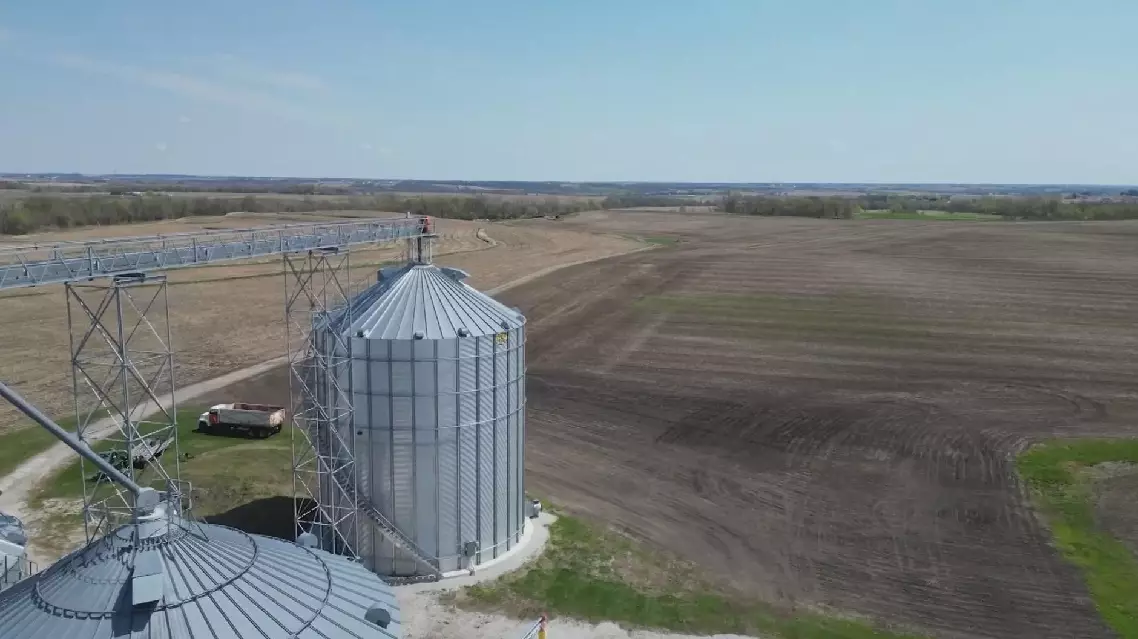
US tariff policy turmoil threatens Iowa's farmers, disrupting exports





